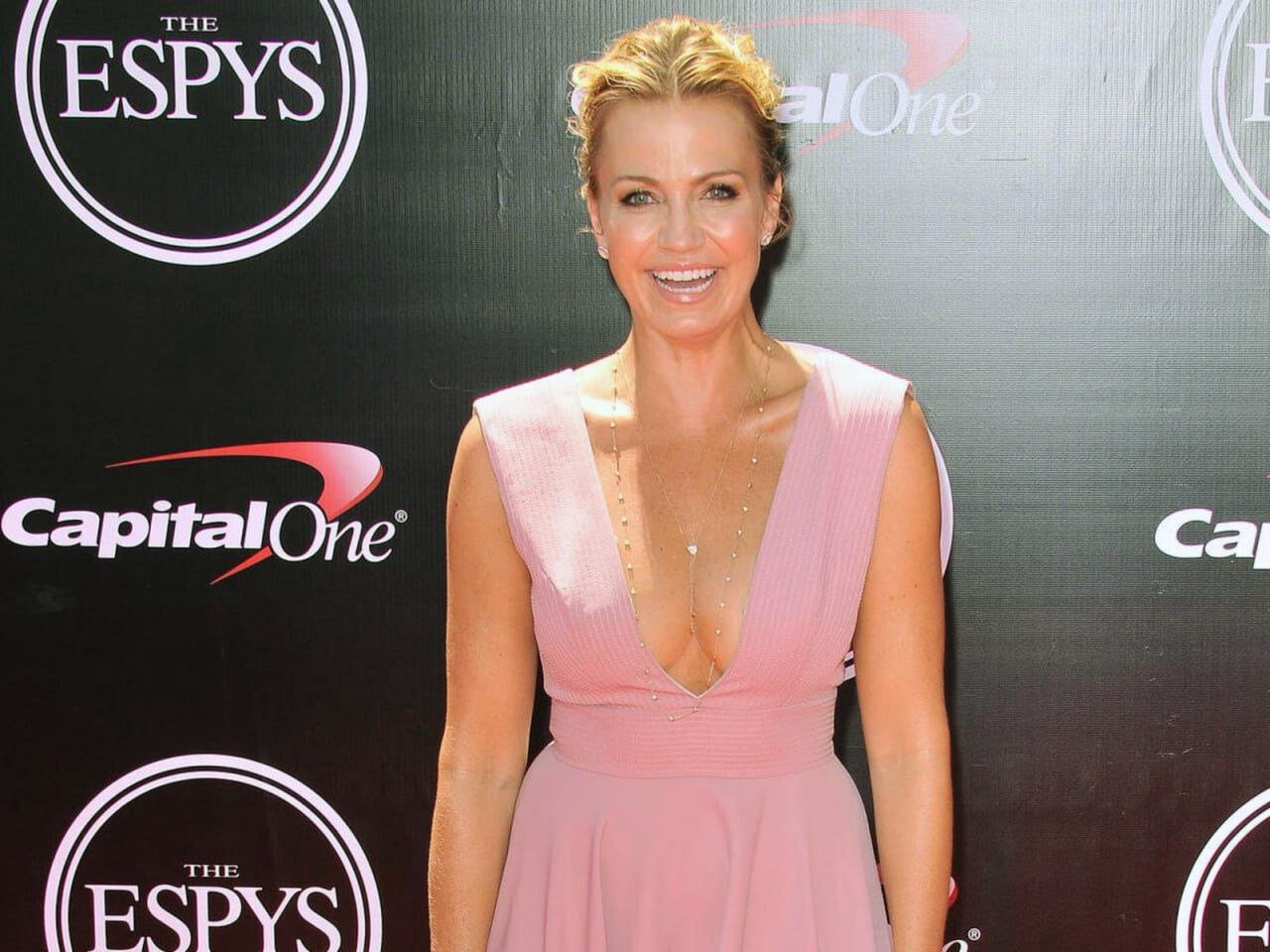Contents

Background on the Incident, Michelle Beadle N-word incident, sports commentary controversy
The slip of the tongue occurred during a particularly tense moment in the dialogue, where Beadle was attempting to reference a past event involving the misuse of the N-word within the sports context. Her intention was to underscore the gravity of such language and its implications. However, the live nature of broadcast television left no room for error, and the unintended utterance of the term sparked immediate concern and confusion in the studio. Co-hosts and other on-air personalities quickly responded, showcasing a mix of surprise and dismay at the incident.
After the initial reaction from her colleagues, fans and viewers took to social media platforms to express their reactions, leading to varying responses ranging from outrage to support. Many highlighted the need for open dialogues about race in sports, while others focused on the implications of Beadle’s choice of words in a public forum. This incident not only reignited conversations about race and language but also brought forth discussions surrounding the responsibilities that commentators hold while discussing sensitive subjects. The fallout from the incident triggered widespread analysis, setting the stage for the public discourse that followed.
Fans’ Reactions: Outrage and Support, racial language in sports
The recent incident involving Michelle Beadle and her use of the N-word has sparked a diverse array of reactions from fans across social media platforms and sports forums. The immediate response was characterized by a wave of outrage, with many individuals taking to Twitter, Facebook, and Instagram to voice their discontent. Fans raised concerns about the implications of such language in sports commentary, calling for greater accountability from prominent figures in the industry. Many felt that using racially charged language is unacceptable and demands serious reflection on the matter.
Some fans articulated the need for a broader discussion on race in sports, emphasizing that the incident highlights existing tensions and issues surrounding racial sensitivity. Prominent voices in the community pointed out that sports commentary often reflects wider societal attitudes, creating a need for a reevaluation of acceptable discourse in public spaces. This outrage was not limited to casual fans; several high-profile athletes and commentators also expressed their disapproval, underscoring the importance of responsible communication in the sports realm.
Michelle Beadle’s controversial use of the N-word has sparked significant discussions regarding its implications within sports broadcasting and media. This incident not only raises questions about the appropriateness of language used by public figures but also sheds light on the ongoing discourse surrounding race, accountability, and inclusivity in the sports industry. Such moments serve as a catalyst for broader reflection on the societal norms that inform our understanding of language and race.
In examining the incident, it becomes evident that the sports media landscape has a long history of racial insensitivity, with several notable examples preceding Beadle’s situation. Past incidents involving other analysts have highlighted persistent patterns of language misuse and a lack of awareness surrounding the impact of such words. The reactions from fans, commentators, and organizational responses to these occurrences further emphasize the necessity for a more informed approach to dialogue surrounding race in sports.
Public backlash against Beadle’s comment illustrates the heightened sensitivity to racial language among audiences today, pointing to a shift in societal expectations. Fans and viewers now demand accountability and greater mindfulness from media personalities regarding the weight of their words. These cases encourage a dialogue about how language evolves and its ties to historical contexts, particularly in settings that disproportionately affect marginalized communities.
The implications of Beadle’s incident extend beyond personal accountability; it invites us to reconsider the frameworks within which sports commentators operate. By acknowledging the severity associated with racial language, stakeholders in the sports media industry are called upon to prioritize diversity and inclusion, creating an environment that fosters respect for all cultures. Ultimately, addressing such incidents contributes to the broader mission of fostering an equitable platform in sports broadcasting.
Response from Michelle Beadle and Network
The incident involving Michelle Beadle and the use of the N-word has prompted significant discussion and scrutiny from both the media and fans. Beadle swiftly addressed the controversy in a statement via her social media platforms, expressing regret for the words used during the broadcast. She articulated that her intention was never to offend and that she recognizes the profound implications of the terminology. In her response, Beadle emphasized her commitment to promoting inclusivity and respect within sports journalism.
In light of the incident, ESPN, Beadle’s broadcasting network, issued a formal statement reiterating their commitment to diversity and respect in all programming. They affirmed their stance against racial slurs and acknowledged the importance of sensitivity in language and discussion. The network has further committed to reviewing their programming policies to ensure a higher standard in the language used by their commentators and hosts. This response illustrates a proactive approach in addressing potentially offensive language and aims to uphold their reputation in the broadcasting industry.
The incident has undoubtedly raised questions about Beadle’s future at ESPN. While there has been no immediate indication of disciplinary action, the network’s response suggests that they are monitoring the situation closely. In the wake of the controversy, Beadle’s role within the organization may involve a more significant emphasis on thoughtful discourse surrounding race and sports. This could manifest in her participation in initiatives aimed at promoting understanding and dialogue in sports media, potentially positioning her as a leader in addressing sensitive topics.
As this situation continues to unfold, it remains critical to observe how both Beadle and ESPN navigate the aftermath. Future communications and actions will play a key role in determining the long-term impact of this incident on her career and the network’s public perception.
OUR SITE: toinewsalert.com
